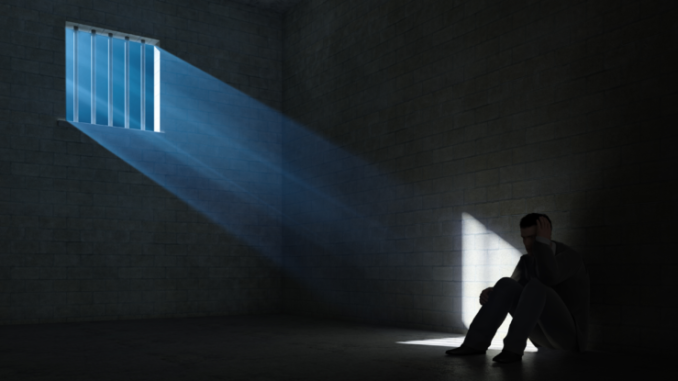
WHAT HELPS AND WHAT HURTS
When Someone You Care about Has Depression or Bipolar Disorder What Helps What Hurts I understand you have a real illness and that’s what causes these thoughts and feelings. It’s all in your head. I […]

When Someone You Care about Has Depression or Bipolar Disorder What Helps What Hurts I understand you have a real illness and that’s what causes these thoughts and feelings. It’s all in your head. I […]

The National Depressive and Manic-Depressive Association (National DMDA), a patient advocacy organization, calls upon the primary care community to move beyond the diagnosis of depression and increase patient involvement to improve the quality of care for people being treated for depression in the primary care setting. […]

Postpartum depression is not just “the baby blues,” a mild feeling of sadness after a baby is born that goes away on its own. If the “baby blues” don’t go away after 2 weeks, you could be suffering from postpartum depression, and should seek help. You need not feel ashamed of having an illness – or of any treatment you may need to feel better – any more than you would feel ashamed about having diabetes or asthma and taking medication to stay healthy. […]

Conflict, if managed appropriately, can be a valuable tool in the development of any DBSA chapter. […]

Clinical trials are research studies involving people, which may be conducted by universities, hospitals, non-profit community agencies or for-profit testing companies. Some trials evaluate the effects of new or existing medications. Others study new forms of psychotherapy or other treatment methods. Each follows a structured plan developed before the trial begins. […]

People with mood disorders might have trouble with work life, family life and social life, or they might have difficulty simply getting through the day. While most mood disorders have depression in common, only in bipolar disorder are there mood swings of depression and periods of hypo-mania (if the bipolar disorder is mild) or mania (if severe). It’s important to know the difference between the different types of depression, because different types require different treatments. […]
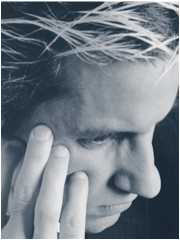
Men deal with depression in different ways. They tend to keep feelings to themselves. Many try to cope with their symptoms in unhealthy ways, including excessive use of alcohol or drugs, violent outbursts, dangerous activities or burying themselves in work. […]
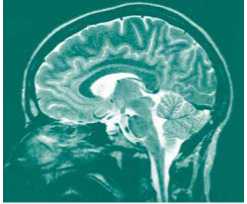
Treatment for depression and bipolar disorder usually includes four elements: talk therapy, medication, peer support, and a personal wellness plan. Sometimes, though, these standard treatments don’t help… or don’t help enough. As a result, researchers are turning to new technologies in search of more effective treatments. […]
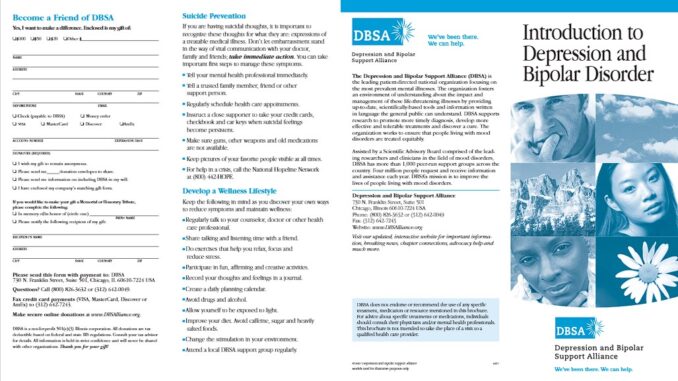
Bipolar disorder is a treatable medical illness marked by extreme changes in mood, thought, energy and behavior. It is also known as manic depression because a person’s mood can alternate between mania and depression. This change in mood (or “mood swing”) can last for hours, days, weeks or even months. […]
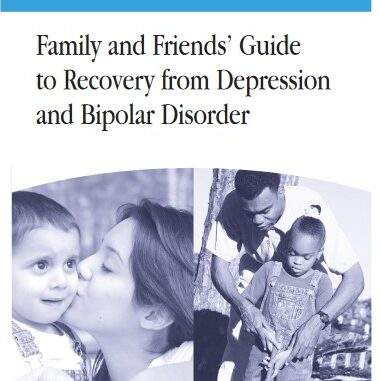
Helping a Friend or Family Member with Depression or Bipolar Disorder Mood disorders such as bipolar disorder (also known as manic-depression) and depression affect millions of people. Their family members and friends are affected too. […]